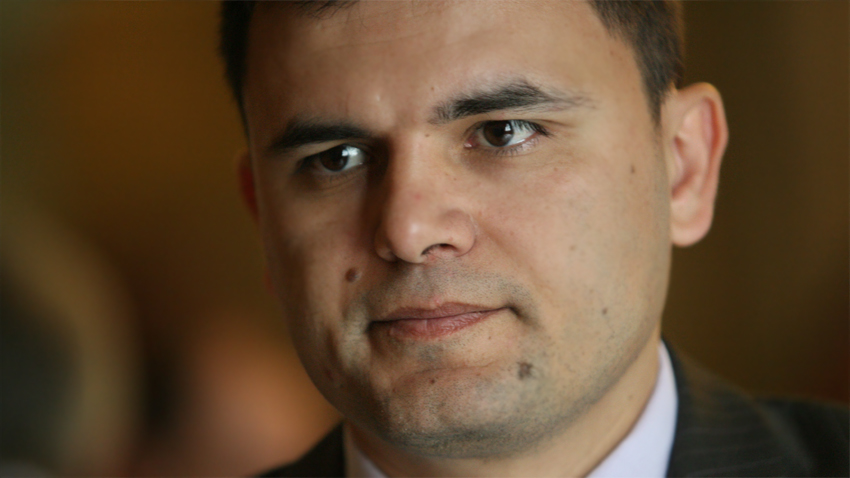Amidst continuing anti-government protests, the government reduced, temporarily, VAT on wine and beer served in food and drink establishments form 20% to 9%. The motive of the authors of the measure – the United Patriots and Volya – was to stimulate the sector affected but also the domestic production of alcoholic beverages.
However, analysts describe this step by the government as an ill-considered reaction, undertaken under pressure from the sectors with the loudest voices. They say that the tax rate reduction is being done without any assessment of its effect on the budget, of the risks of tax fraud, or of any expected benefits. Food and drink establishment owners say that the measure is very late in coming, and that it benefits the establishments frequented by more people.

In an interview for the BNR, Latchezar Bogdanov, chief economist at the Institute for Market Economics says that the reduction of VAT on beer and wine “is far down on the list of measures that could stimulate a better investment climate in Bulgaria in a more general way.” That is why he says the big question is whether these measures are sustainable and how they will contribute to economic growth in the coming years. What is also important is what kind of tax system we want to maintain and to what an extent the fiscal changes are capable of eroding it. In connection with this it is imperative to seek the kind of tax reductions that will stimulate an increase in the long-term potential of economic growth, Latchezar Bogdanov says.
The reduced VAT, which will be in effect until the end of 2021, is valid for tourist services, gyms and fitness facilities, including swimming pools and sports grounds, as well as occasional transport for tourists.
Given the lack of tourists, is this the measure that is going to save the sector? At the beginning of the summer the tax rate for hotel operators was reduced to 9% but in practical terms the difference in the prices of the service is minimal. For example, instead of 100 leva (50 euro) for a double room, tourists now pay 97 leva (48 euro). This is a measure that is going to increase the profits of big businesses, rather thanattract more tourists, economists say. Given that the number of foreign tourists has plummeted this summer, the reduced tax is not something that is going to save some tour operators from bankruptcy.
The truth is that the industry is demanding the development of employment training and re-training programmes in the industry using European instruments.
As to fitness services, there too the reduced tax rate is dependent on the number of customers. It is not going to save employees from being laid off seeing as gyms are half-empty because of the coronavirus.
In this sense the measures could have a more appreciable effect via more effective and better targeted social spending, experts conclude.
Bulgaria has the opportunity to reap the full benefits of eurozone membership , but this will require stronger fiscal discipline, effective management of transition risks, and accelerated structural reforms , the International Monetary Fund (IMF)..
In mid-September, the traditionally great Christian feast of the Holy Cross (September 14) marks the beginning of one of the most anticipated agricultural processes – the grape harvest campaign. 2025 is no exception, but due to a number of factors, the..
Bulgaria's Ministry of Finance placed 7-year government securities on the domestic market for 300 million leva. (144 million euros) and an interest rate of 3.25%. The submitted purchase orders amounted to 446 million leva with a coverage ratio of 1.49...
The growth of the national economy in the second quarter of 2025 accelerated by 3.5% on an annual basis. According to an analysis by..
The Bulgarian state-owed natural gas supplier Bulgargaz has proposed that the price of natural gas for November increases by around 8% to nearly 66 BGN..

+359 2 9336 661
